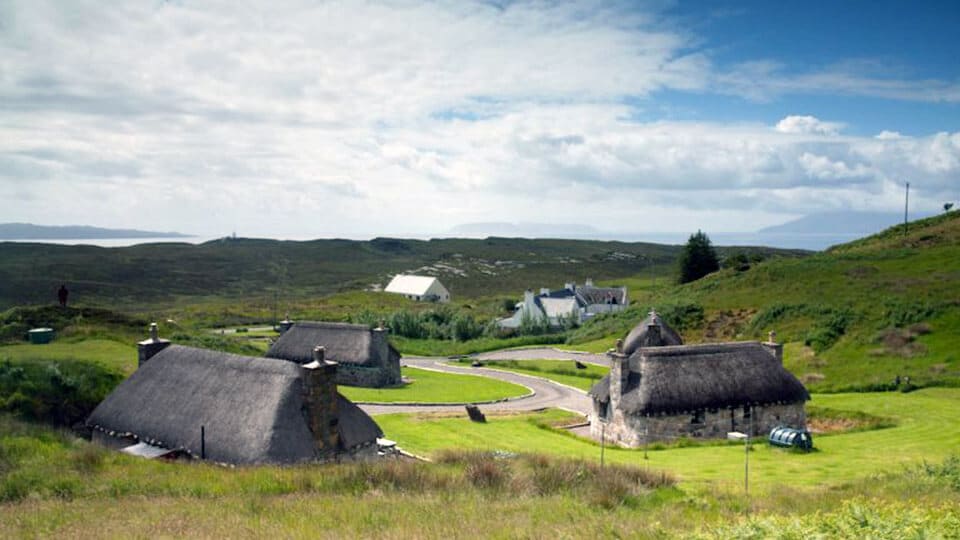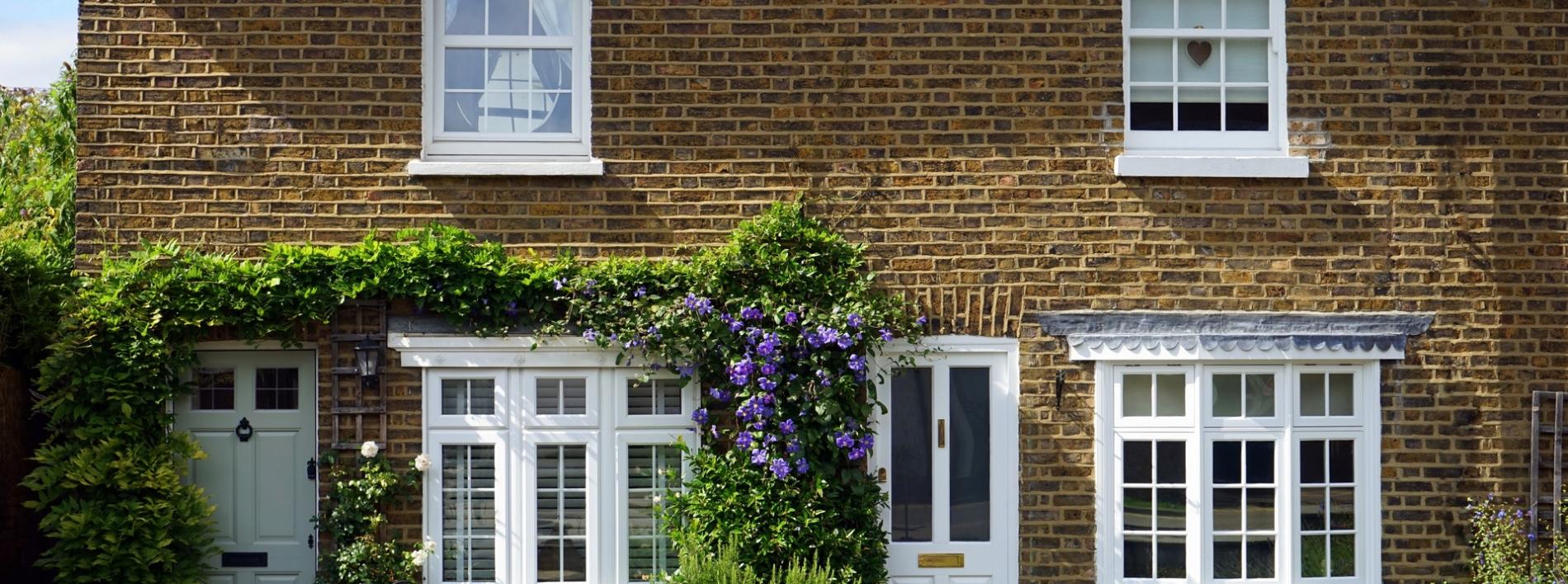March 27, 2019

selected branch: Sunderland
Find your local branch
Aberdeen
view detailsBellshill
view detailsBerwick-upon-Tweed
view detailsBirmingham
view detailsBrighton and Worthing
view detailsBristol and Bath
view detailsCardiff & Newport
view detailsCarlisle
view detailsConsett, Stanley & Tyne Valley
view detailsDalkeith
view detailsDarlington
view detailsDundee
view detailsDunfermline
view detailsDurham
view detailsEdinburgh
view detailsElgin & Inverness
view detailsFalkirk
view detailsForfar
view detailsGalashiels
view detailsGateshead
view detailsGlasgow
view detailsHull
view detailsKirkcaldy
view detailsLeeds
view detailsLiverpool
view detailsLivingston
view detailsLondon
view detailsManchester
view detailsMiddlesbrough
view detailsMusselburgh
view detailsNewcastle
view detailsPaisley
view detailsPerth
view detailsPreston
view detailsSheffield
view detailsSouthampton & Portsmouth
view detailsStirling
view detailsStockport
view detailsStoke-on-Trent
view detailsSunderland
view detailsYork
view detailsSunderland is a unique city, with much to offer prospective buyers of every age. Located on England’s north-east coastline, Sunderland has the best of city and countryside living, with all the hustle and bustle of a thriving city combined with fresh sea air and easy access to the great outdoors.
If you’re thinking of buying a house in Sunderland, you’ll want to get a feel for what life in the city is like. Read on for our insider tips on its history and culture, as well as essentials like schools in the city, the quality of transport links, and more.
History of Sunderland
Sunderland’s roots date back to the 7th century, over the years it grew as a prominent port, with a thriving industry in shipbuilding and trading, particularly of coal and salt. By the 18th century, Sunderland was one of the leading shipbuilding cities in the country. Easy access to the sea combined with its proximity to Durham’s coalfields made Sunderland a prosperous city in the 19th and 20th centuries.
With the closure of the coal mines and decline in the shipbuilding industry, Sunderland has reinvented itself in the late 20th and early 21st centuries. It’s now a city that thrives on the automotive industry, as well as electronics and technology.
Sunderland has a rich history and it’s impossible to wander around the city without soaking up some of its past – just keep your eyes peeled for nearly 80 commemorative blue plaques dotted all over the city, marking buildings and places of interest.
Although the city was heavily bombed in World War Two, there are still many fine examples of its pre-war architecture dotted around the city, including the imposing Sunderland Minster and baroque-style Holy Trinity Church.
Sunderland Culture
Although the city’s past is firmly rooted in industry, Sunderland is becoming an ever-more cosmopolitan city, with a huge investment in arts and culture in recent years. This means there’s plenty for culture vultures to enjoy in the city.
Sunderland has made a name for itself as a musical hub, with the likes of The Futureheads and Field Music putting the city on the map. The Stadium of Light draws big-name acts, from Bruce Springsteen to the Spice Girls, whilst a growing underground music scene promotes local talent and up-and-coming stars at venues such as The Bunker.
Theatre is a big cultural draw in the city, with the Sunderland Empire Theatre being one of the largest in the north-east of England with capacity for over 2,000 people. The theatre has been in operation since 1907, and it regularly plays host to West End productions, including ‘The Book of Mormon’ and ‘The Bodyguard’.
Sunderland Culture runs various venues across the city, including The Fire Station, a centre for performance; the National Glass Centre, which celebrates the city’s history of glass making; the Northern Gallery for Contemporary Art, and the Arts Centre Washington, which offers a year-round programme of theatre, music, comedy, dance and more.
Sunderland hosts a number of festivals and celebrations throughout the year. Every July, the city hosts the Sunderland International Airshow, and the Sunderland River Festival. The city also holds a yearly short film festival.
Food and Drink in Sunderland
Sunderland has a lively eating and drinking scene, with the majority of the city’s bars and restaurants clustered in the centre. There’s something to suit all taste buds and every budget. So if you’re a foodie thinking of buying a new property, Sunderland’s the right place to do it!
Given Sunderland’s location by the sea, you’d expect there to be a high standard of fish and chips, and you won’t be disappointed. Minchella’s is one of the most popular places for a fish supper, situated by the beach, and almost always with a long queue out of the door. Downey’s is another good seafront choice, where you can enjoy your fresh fish and piping hot chips right on the beach.
There’s a booming independent coffee scene in Sunderland, with cool coffee joints popping up all over the city. Try Fausto Coffee, Holmeside Coffee or Coffea Caban for your caffeine fix throughout the day.
Although it’s just a short journey from Newcastle for a big night out, Sunderland has a buzzing nightlife scene all of its own that merits exploration too. A large student population means there’s a wide selection of pubs, bars and clubs offering cheap drinks and good tunes, but there’s plenty for the more discerning drinker to enjoy as well, particularly in the thriving Sunniside and Seaburn areas.
Shopping in Sunderland
You’ll find the heart of Sunderland’s shopping scene in The Bridges Shopping Centre, an indoor mall which houses more than 90 retailers. So whether you’re looking for fashion or homeware, you’re sure to find something you’ll love.
There’s also an up-and-coming independent shopping scene in Sunderland, and there’s an eclectic mix of locally owned businesses in the Park Lane Shopping Village to suit your every need.
Slightly further afield, it’s just a thirty-minute journey from Sunderland to Gateshead’s Metro Centre, the UK’s second-largest shopping centre. Here, under one roof, you’ll find nearly 400 shops, and with direct trains from Sunderland, it couldn’t be an easier day trip.
Schools in Sunderland
The quality of education in Sunderland is high, making it an ideal place for families looking to settle down and buy a home. There are 76 primary schools across Sunderland. Top-performing primary schools in the city include St Joseph’s Roman Catholic Primary School, which had 97% of pupils performing above the expected standard in 2018, and St Paul’s CE Primary School, which had 89% of pupils achieving above average.
Sunderland has 18 secondary schools, the top-performing of which is Whitburn Church of England Academy, which consistently achieves exam results far higher than the national average. The Roman Catholic single-sex schools St Anthony’s (for girls) and St Aidan’s (for boys) also perform well, with strong exam results.
The University of Sunderland has two campuses in the city. The city campus focuses on the Arts, Design and Sciences, whilst the riverside campus houses Business, Law, Tourism, Education, Computing and Engineering.
Transport in Sunderland
Sunderland is very well-connected, making it easy to get around, both within the city and further afield.
The Tyne and Wear Metro, the second-largest metro system in the UK, serves Sunderland, linking the city with Newcastle, Gateshead, South Tyneside and North Tyneside. From Sunderland, Newcastle is just 30 minutes on the Metro, making commuting quick, easy and affordable. Rail transport is also excellent, with five daily direct trains to London King’s Cross on weekdays, which takes around 3.5 hours.
Sunderland is easily accessible from the A1 the main north-south road link between London and Scotland, and the Sunderland Strategic Transport Corridor is an ongoing project to improve connectivity within the city and surrounding areas. Total investment in the scheme is over £70 million, and it’s expected to reduce congestion, improve transport times and improve public transport, cycling and walking routes, bringing a wide range of benefits for the city’s residents.
Have a question?
If you need advice for first-time buying in Sunderland – or if you’re looking for a reliable mortgage broker in the North East – don’t hesitate to contact us today.
We’re experts on all things mortgage-related (and our services are always 100% free to you).


June 04, 2018
The big insurance question – is your home adequately protected?

June 26, 2017
Buy your own village in the Scottish Highlands

June 19, 2017
